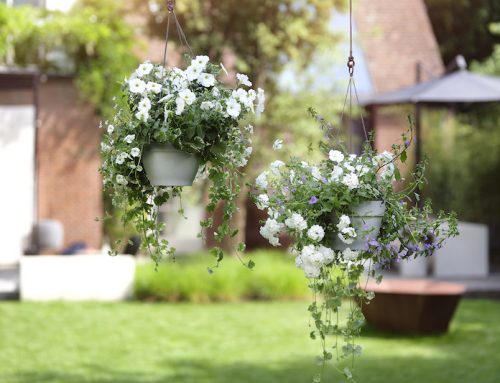International journalist, broadcaster & RiverTribe resident, Stephen Cole, returns to the studio four years after picking up his bus pass. He finds that the increased pressure leads to a more positive outlook.
I never thought I would be doing this again…
I had just about grown used to being a member of the pale, male and stale ranks of the pensioned off. I had reached the stage of turning off the lights for economic reasons not romantic ones. Then out of the blue I was offered the opportunity to go back to work. Suddenly I was a geriactive!
It was a shock, as I had been retired for four years. I was settled and enjoying my new, more relaxed lifestyle. After all, I think retirement is the time in your life when time is no longer about earning money.
The old and terrible joke is of course that old journalists never die they just get de-pressed.
Nevertheless, I doubted I would go in front of the cameras again, seeing as most hiring policies are targeted at millennials supported by policies of social engineering and positive discrimination.
“Experienced” is no longer a virtue – it’s a euphemism for invisible. “HR” or “Human Remains” departments, as I call them, would typically send any application from my demographic straight into the junk mail folder. A middle-aged, middle-class white male is absolutely anathema to anybody hiring in the media. The BBC has most likely a firewall to stop older, pale, male applications from getting through.
But bucking the trend an email arrived, offering an incredibly attractive proposition. A new international channel asked if I might be interested in going back on air.
My wife and I were cruising in the Caribbean when I received the news and after a champagne-fuelled discussion with the current Mrs Cole, I agreed. After all, she’s the brains of the outfit. But I also wanted some measure of control as didn’t want to be a complete marionette. That was agreed to, so I said, “Yes”. After all, if Sir David Frost could still work so brilliantly well into his sixties I reckoned I could too.
I worked with Sir David launching Sky News in 1989 and again many years later we started up another news channel and I still mourn his loss; a truly skilled interviewer and a lovely man to meet.
It’s so rare to get a chance to work at a high level in your so-called “third age” and it’s only going to get harder. According to the Pew Charitable Trusts, more than half of the children born today in developed countries will live to be 100 years old.
Younger generations are looking forward to long lives and that means governments want pensions to start later and later. It’s worth remembering that not long ago, retirement wasn’t even considered a life stage – as long as they lived, most people were working.
With so few of us saving enough for our twilight years, retirement is in danger of becoming a thing of the past. That has huge implications for workplaces, and how we treat older workers. Some of course may want to work forever; others will find it an intolerable burden.
Yet if the figures are to be believed, Britain’s workforce is greying almost before our eyes: in the last 15 years, the number of working people aged 50-64 has increased by 60% to eight million and the proportion of people aged 70-74 in employment, meanwhile, has almost doubled in the past decade. In a generation, it’s predicted that the current State pension age will be a distant memory.
But going back to work was tougher than I thought it would be. After all, I had got used to a retirement that meant never having to get up in the dark winter mornings, not shaving every day, lots of tennis and late-night dinners without worrying about the hangovers or early starts. Shopping was never rushed and my slower pace of life allowed regular viewings of Tipping Point!
I also loved being able to walk along the river from Kew Bridge to Richmond on weekdays without being mown down by the cycling “lycra-loonies” who think the towpath is a velodrome. And then on the way back eating the best almond croissant in London at my favourite café, The Educated Palate in Kew Road.
But all that had to change. A few pounds had to be shed, I needed new varifocals, suits had to be altered, and I had to start ploughing through The Economist again!
Well, I am now back in an office, although this one has great views of Chiswick Business Park. I have found it to be one of the most pleasant environments to work in and just a 30-minute walk from home.
My first day was a shock to the system – a bit like going back to school. It didn’t start well – one of the new younger staff came up to me and said, “Wow, so good to meet you – I remember my parents enjoying watching you on TV!”
Just occasionally I do have second thoughts and when I mention them to my wife, Anne-Marie she tells me, “You had to go back to work – it’s what you do.”
And, as usual, she’s right.




